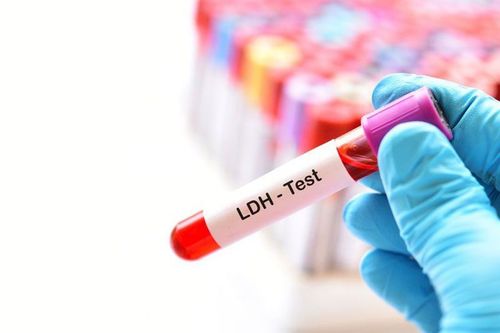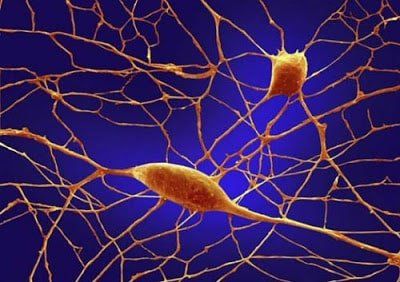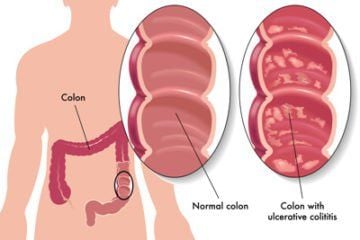This is an automatically translated article.
The article was professionally consulted by Specialist Doctor I Nguyen Hong Phuc - Emergency Resuscitation Doctor, Emergency Resuscitation Department - Vinmec Phu Quoc International General Hospital. The doctor has nearly 20 years of experience in Emergency Resuscitation.Neutrophils are part of the hematopoietic and immune systems. An abnormally low white blood cell count is called neutropenia. The cause of low white blood cell count may be congenital or the effect of other factors.
1. What is neutropenia?
Neutrophils are cells in the immune system. They act as an army of defenders, attacking bacteria and other organisms when they invade the body. When the number of these cells is abnormally low, it is called neutropenia.Neutrophils are a type of white blood cell made in the bone marrow. Once produced, they travel through the bloodstream and travel to infected areas. They release chemicals to kill invading microorganisms.
Neutropenia usually causes no symptoms. We often only know we have leukopenia at random when we have blood tests for other diseases. Occasionally, the symptoms of neutropenia may appear latent with the onset of infection through manifestations such as ulcerative wound, painful abscess, rash, wound taking a long time. for healing, fever, etc...
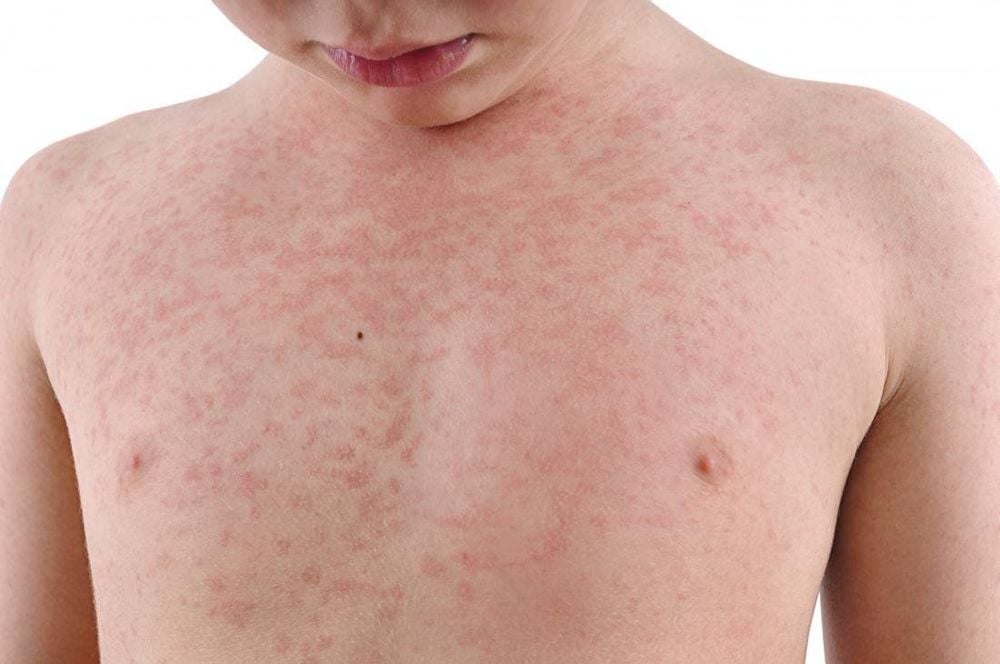
2. What is the cause of leukopenia?
Many factors can cause neutropenia through destruction, decreased production. These causes include:Effects of cancer treatment
Cancer chemotherapy can cause leukopenia. In addition to killing cancer cells, chemotherapy can also kill neutrophils and other healthy cells.
Drug side effects
In some people, neutropenia can be caused by certain medications, such as:
Due to overactivity of the drugs used to treat the gland thyroid, such as methimazole (Tapazole) and propylthiouracil Antibiotics including vancomycin, penicillin G, and oxacillin Antiviral drugs such as ganciclovir (Cytovene) and valganciclovir (Valcyte) Anti-inflammatory drugs for conditions such as ulcerative colitis or arthritis rheumatoid arthritis, including sulfasalazine (Azulfidine) Certain antipsychotic medicines, such as clozapine (Clozaril, Fazaclo, others) and chlorpromazine Medicines used to treat irregular heartbeats, including quinidine and procainamide Due to infections Infection caused
Chickenpox Epstein-Barr Hepatitis A Hepatitis B Hepatitis C HIV/AIDS Measles Salmonella Infection Sepsis (excessive blood infection) Caused by autoimmune diseases
Granulomatosis with inflammation polyarteritis (formerly known as Wegener's granulomatosis) Lupus Keratitis Rheumatoid Arthritis Bone Marrow Disorders Non-regenerative Anemia Glioblastoma Myeloma Other Causes
Neutropenia can also be caused by congenital health conditions such as Kostmann's syndrome (a disorders associated with low neutrophil production) or chronic idiopathic leukopenia, vitamin deficiency, spleen with abnormal properties.
3. Factors that lead to decreased neutrophil production
The body may make fewer neutrophils if:The body has a problem with congenital bone marrow production Have leukemia and other conditions that affect the bone marrow or lead to bone marrow failure Radiation contamination Chemotherapy treatment.
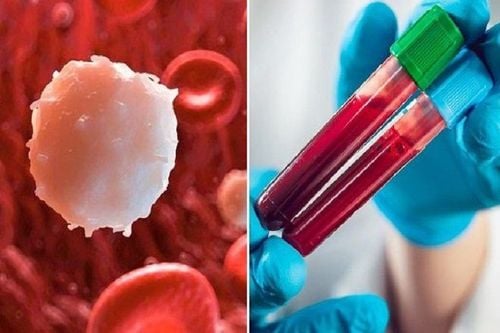
4. Treatment and prevention of neutropenia
Treatments for it may include:Antibiotics if the underlying problem is a bacterial infection. Apply granulocyte colony-stimulating factor (G-CSF). This stimulates the bone marrow to make more infection-fighting white blood cells. Changing medications, if possible, in the case of drug-induced leukopenia Stem cell transplants can be helpful in treating certain types of severe leukopenia, including those caused by problems about bone marrow. Neutropenia is a condition when the body has too few cells to fight bacteria and other organisms. Therefore, you need to take extra care to avoid infection. Possible measures include:
Good hygiene, including hand washing and good oral care Avoid contact with sick people Always wear shoes Clean cuts and scrapes, then cover with a bandage Use the machine electric shavers instead of razors Avoid animal waste when possible. Avoid unpasteurized dairy foods; Uncooked meat Vinmec International General Hospital is one of the hospitals that not only ensures professional quality with a team of leading medical doctors, modern equipment and technology, but also stands out for its outstanding service. comprehensive and professional medical examination, consultation and treatment; civilized, polite, safe and sterile medical examination and treatment space. Customers when choosing to perform tests here can be completely assured of the accuracy of test results.
Please dial HOTLINE for more information or register for an appointment HERE. Download MyVinmec app to make appointments faster and to manage your bookings easily.
Article reference source: webmd.com, mayoclinic.org, medscape.com




